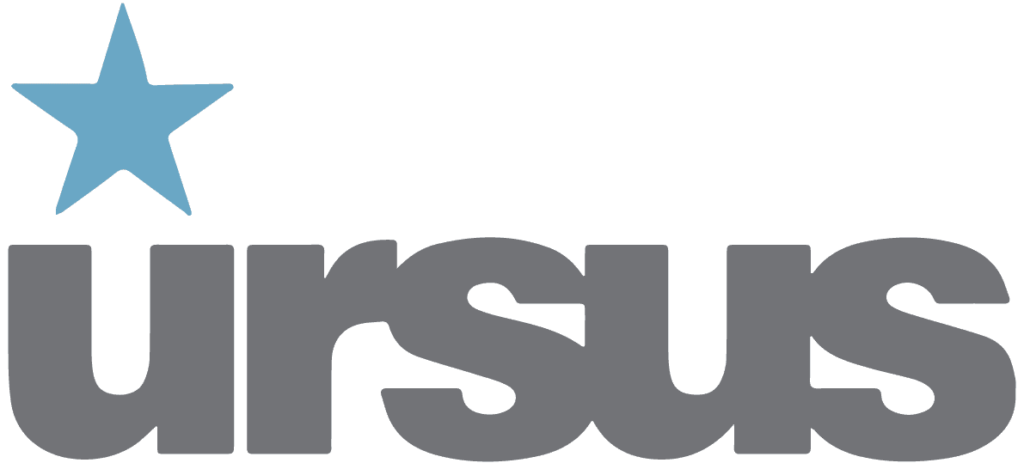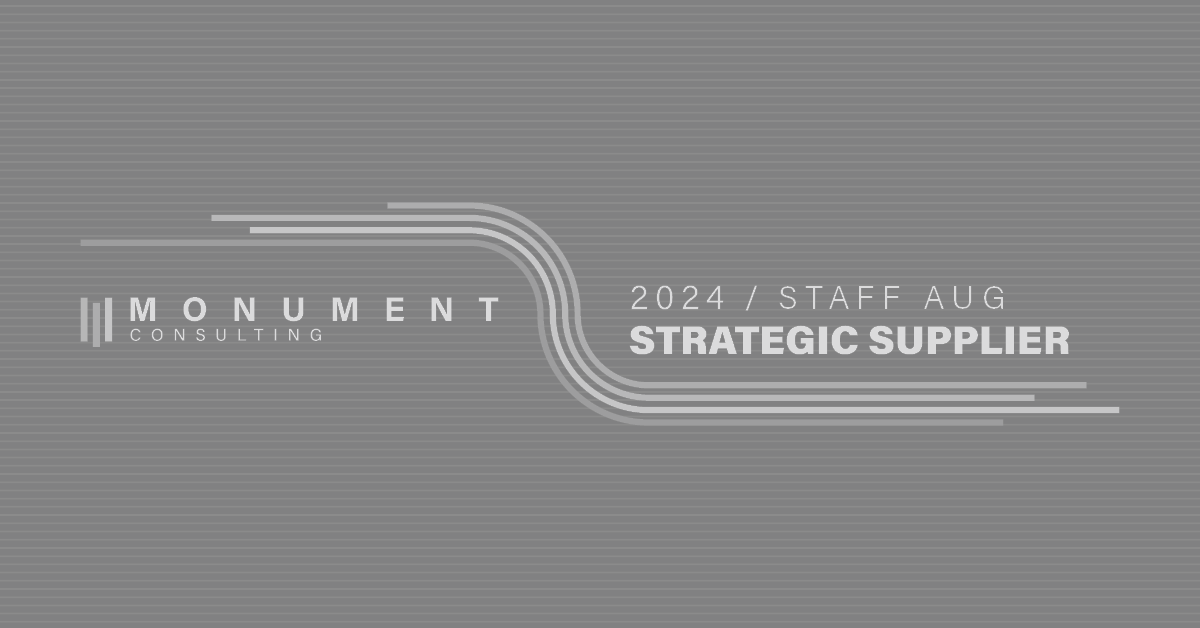In the age of rapid technological advancement, the demand for specialized talent in fields such as artificial intelligence (AI) and data science has surged across various industries. While traditional technology companies have historically been the primary destination for such technical talent, a new player has entered the arena, offering enticing opportunities and challenging the status quo: the life sciences industry. From pharmaceutical giants to cutting-edge medical device manufacturers and research institutions, life sciences companies are increasingly pulling AI and data science experts into their fold, reshaping the landscape of tech employment.
The Rise of AI and Data Science in Life Sciences
The life sciences industry has undergone a significant transformation in recent years, driven by technological innovation and the increasing convergence of biology and technology. With the proliferation of big data generated from genomics, clinical trials, and patient records, life sciences companies have recognized the immense potential of AI and data science in revolutionizing drug discovery, personalized medicine, and healthcare delivery.
Pharmaceutical companies, in particular, are leveraging AI algorithms to expedite the drug discovery process, from target identification to clinical trial optimization. By analyzing vast datasets and identifying patterns that human researchers might overlook, AI-powered platforms are accelerating the identification of promising drug candidates and improving the efficiency of clinical trials.
Medical device manufacturers are also harnessing AI and data science to enhance the performance and capabilities of their products. From wearable devices that monitor vital signs in real-time to diagnostic tools powered by machine learning algorithms, the integration of AI technologies is driving innovation and improving patient outcomes.
Research institutions, both academic and private, are at the forefront of leveraging AI and data science to advance our understanding of complex biological systems and develop novel therapies. With access to large-scale genomic datasets and sophisticated computational tools, researchers are uncovering new insights into disease mechanisms and discovering potential targets for intervention.
The Talent Migration: Why Life Sciences?
So, what is drawing AI and data science talent away from traditional technology companies and into the life sciences industry?
Impactful Work: With all due respect to technology where innovation changes lives, a career in life sciences can help save lives! Many technical professionals are attracted to the prospect of applying their skills to address pressing global challenges in healthcare and medicine. Working in life sciences allows them to make a tangible difference in improving human health and quality of life.
Complex Problems: Smart humans more often than not gravitate towards solving complex problems. The life sciences industry offers a diverse array of complex problems that require interdisciplinary collaboration and innovative solutions. From decoding the human genome to developing precision therapies, the intellectual stimulation and opportunity for discovery are immense.
Data-Rich Environment: Life sciences companies possess vast amounts of complex data, providing fertile ground for AI and data science applications. For tech talent passionate about working with big data and leveraging advanced analytics techniques, the life sciences industry offers unparalleled opportunities for exploration and innovation.
Long-Term Growth Potential: With an aging population, increasing prevalence of chronic diseases, and growing demand for personalized healthcare solutions, the life sciences industry is poised for sustained growth in the coming decades. Tech talent sees the potential for long-term career advancement and professional development in this dynamic and rapidly evolving field.
The Future of Tech Talent
As the life sciences industry continues to embrace AI and data science, the competition for technical talent will intensify, posing challenges for traditional technology companies seeking to attract and retain top talent. To remain competitive, tech firms may need to reevaluate their value proposition, emphasizing factors such as mission-driven work, opportunities for interdisciplinary collaboration, and the potential for meaningful societal impact.
In this evolving landscape, the convergence of technology and life sciences represents not only a shift in employment trends but also a convergence of disciplines aimed at tackling some of the most pressing challenges facing humanity. By harnessing the collective expertise of AI and data science professionals across industries, we can unlock new possibilities and pave the way for transformative advancements in healthcare and beyond.














